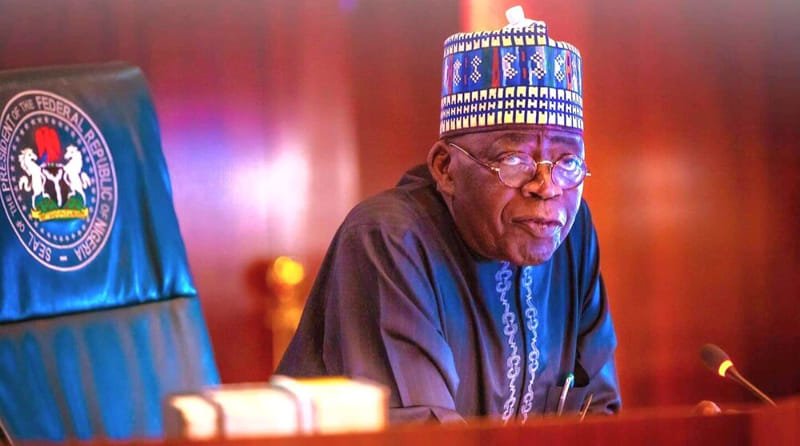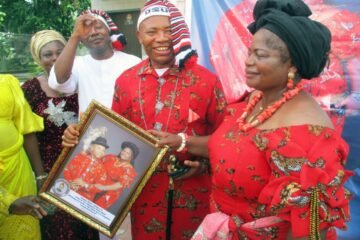Importing foreign goods, particularly those that may be produced locally in Nigeria, has been prohibited by President Bola Tinubu’s edict.
Additionally, Tinubu put a restriction on foreigners entering Nigeria to perform work that can be done by local craftsmen and contractors, unless there is a compelling reason for doing so, such as specific approval from the Bureau of Public Procurement (BPP).
Shortly after the Federal Executive Council meeting, which was led by the President and held Monday in the Council chambers of the presidential house, Mohammed Idris, Minister of Information and National Orientation, made the announcement.
Idris claims that Tinubu authorised a comprehensive new policy framework known as the Renewed Hope Nigeria First Policy in a historic decision intended to boost Nigeria’s home economy and encourage local content.
Idris regarded the idea as a daring change in the nation’s economic strategy.
He claimed that it reflects the “America First” philosophy of US President Donald Trump.
With a focus on strengthening domestic businesses and lowering reliance on imports, the policy puts Nigeria at the forefront of all business and governmental procurement operations, the information minister added.
Idris stated, “This policy aims to cultivate a new business culture that is bold, self-assured, and very Nigerian.”
“It seeks to change how we spend, how we procure, and how we build our economy so that government investment directly benefits our people and industries,” he continued.
The minister said that in order to give the new framework full legal force, the Attorney General of the Federation has been instructed to create an Executive Order.
He added that as the government advances its industrialisation program and import-substitution objectives, the Nigeria First policy is anticipated to emerge as the cornerstone of the administration’s economic strategy.
Idris claims that the following rulings were accepted by the Council and will go into effect right away: Across all Ministries, Departments, and Agencies (MDAs), the Bureau of Public Procurement (BPP) is responsible for updating and enforcing procurement regulations that give preference to domestically produced goods and solutions.
According to him, the BPP would establish a thorough compliance system to guarantee that local content regulations are followed in all government procurements.
He told State House Correspondents that the BPP will have an up-to-date database of reliable Nigerian suppliers, which will serve as a guide for all procurement choices.
He stated that in order to guarantee compliance and lessen improper influence or corruption, procurement officers who are currently assigned to different MDAs will be returned to the BPP.
He asserts that without a formal waiver from the BPP, no MDA will be permitted to purchase foreign goods or services that are currently offered locally.
The Information Minister further demanded that, in cases where foreign contracts are inevitable, clauses pertaining to technology transfer, domestic manufacturing, or Nigerian capacity building be included.
“In order to comply with the new policy instructions, all MDAs must promptly examine and resubmit their procurement plans.
He stated that violations will lead to disciplinary action and possibly the termination of the procurement process.
The minister used the sugar business in Nigeria as an illustration of how indigenous capacity is overlooked.
“Even though the Nigerian Sugar Council and a number of regional producers exist, we still import sugar. That will change with this policy,” he said.
In the future, contractors won’t be merely middlemen getting items from abroad while Nigerian industries sit idle, he continued. The Nigerian people must now benefit from government funds.
The Tinubu administration is pushing economic reforms, including as the elimination of subsidies, a new foreign exchange regulation, and initiatives to regain investor confidence, at the same time as the Nigeria First agenda.
The administration wants to promote industrial growth, job creation, and sustainable economic development by making local content a major component of government spending.
Officials said the administration is committed to enforcing compliance at all levels, despite the fact that the policy will probably encounter implementation difficulties and opposition from powerful procurement interests.
This is a significant change in governmental policy. It places Nigeria at the centre of our country’s development, not imports or foreign corporations,” the minister stated.
As soon as President Tinubu signs the Executive Order, the Renewed Hope Nigeria First Policy is anticipated to go into effect.















